The Bard Difference
Bard Graduate Programs in Sustainability students, alumni, and faculty are working toward a just transition to shared well being on a healthy planet. We change the rules of environmental and climate policy, change the game through sustainable business, and change minds through environmental education.
Our Mission
Bard’s Graduate Programs in Sustainability cultivate leaders who break through existing systems, innovating solutions to critical social, environmental and economic challenges through:
- An MBA in Sustainability offering a globally leading business curriculum that integrates sustainability vision, real world consulting engagements, organizational transformation and entrepreneurial training, equipping graduates who are changing the game.
- MS in Environmental Policy and MS in Climate Science and Policy programs whose alumni are changing the rules, crafting science-based policies based on interdisciplinary training in communication and stakeholder engagement, and required, high-level professional internships.
- An M.Ed in Environmental Education, also internship-centered, that empowers our graduates to build and lead educational organizations changing minds, bridging theory and practice to bring the lessons of ecological literacy and justice to a rising generation.
Through our work, we influence sustainability education and practice globally. We model the world we want to create by building a diverse, inclusive, and collaborative community committed to social, racial, and environmental justice and equity.
"We train leaders with the skills needed to create a just transition toward shared wellbeing on a healthy planet."
- Eban Goodstein, PhD
Director, Bard Graduate Programs in Sustainability
Our Programs
- Sustainability Baked In, Not Bolted On
Bard fully integrates a focus on sustainability and mission-driven business into a core MBA while offering optional concentrations include Circular Value Chain Management and Impact Finance. - Hybrid Program Structure
One extended weekend a month in New York City, plus synchronous online evening classes twice a week. Students attend from across the US and continue working through the program. - Engaged, Practitioner Faculty
Our professors are inventing sustainable business in their day jobs and they bring that experience into the classroom. - Highly Experiential
The only MBA program that offers a year-long course in sustainability consulting for real-world clients. All students also complete an individually-mentored capstone project starting a company, driving change strategies in business, as high-level consultants, or pursing a career switch. - Career Focused
In our Individual Career Planning process, each student meets with our career planning staff at least once every semester to develop and execute on their career plan. Students build their resumes through internships, consulting positions, certifications, case competitions, and the capstone process.
- Integrated, Interdisciplinary Instruction
In Bard’s modular core curriculum students explore issues like air and atmosphere, biodiversity, or ecosystem services simultaneously in their science, economics, law and policy courses. This unique structure creates powerful dialogue across disciplines, always driving towards solutions. - High-Level, Extended Professional Internship:
Unique 4-6 month, student-driven, full-time internships from June to January of the second year in NYC, DC, internationally, or wherever leading-edge policy work is being done. - 1:1 Faculty Engagement
Bard CEP offers every student individualized engagement with expert faculty on student research, writing, and communication. - International Field-based Education
All students travel to Oaxaca, Mexico in January of their first year for a 12-day immersion course exploring community-led sustainable development initiatives. - Career Focused
Bard’s MS graduates gain significant career advantages through a mentored internship job search, extended high-level internship, professional networking, and individual Capstone projects. 70-80% of Bard CEP graduates are employed in the environmental sector within 6 months of graduation.
- Climate-Focused, Interdisciplinary Instruction
The first-year curriculum focuses on climate science, energy consumption, and the agriculture and ecosystem linkages to global climate change. Students study environmental and natural resource economics, environmental policy, and detailed analyses of U.S. and international climate law and policy. - High-Level, Extended Professional Internship:
Unique 4-6 month, student-driven, full-time internships from June to January of the second year in NYC, DC, internationally, or wherever leading-edge policy work is being done. Individually-mentored capstones that emerge from the internships support students to gain true mastery in their chosen area of interest. - 1:1 Faculty Engagement
Bard CEP offers every student individualized engagement with expert faculty on student research, writing, and communication. - International Field-based Education
All students travel to Oaxaca, Mexico in January of their first year for a 12-day immersion course exploring community-led sustainable development initiatives. - Career Focused
Bard’s MS graduates gain significant career advantages through a mentored internship job search, extended high-level internship, networking, and climate-focused Capstone. 70-80% of Bard CEP graduates are employed in the environmental sector within 6 months of graduation.
- Designed for Environmental Education (EE) Leaders
Bard’s M.Ed. is for educators who want to help grow high-impact educational programs that foster environmental literacy. - High-Level, Extended Professional Internship
Like the MS programs, the M.Ed. is grounded in a 4-6 month, full-time internship from June to January of the second year. Bard students learn on the job how to run and build EE organizations, at sites across the world. - 1:1 Faculty Engagement
The M.Ed. is anchored by Dr. Scott Kellog, Director of the Radix Ecology Center in Albany NY, whose work focuses on engaging urban youth in EE. Other program courses feature close 1:1 work with graduate faculty. - Field-course in Outdoor and Place-based Education
In January of the first year, students participate in a two-week immersion course in place-based and outdoor education, centered on the Hudson River and Catskill Mountains, complete with snow-shoes and cabin-camping. - Career Focused As with the MS programs, the M.Ed. structure provides significant career advantages through a mentored internship job search, extended high-level internship, networking, and EE-focused Capstone. 70-80% of Bard CEP graduates are employed in the environmental sector within 6 months of graduation.
Sustainability Careers Start Here.
“Our mission is to get our students placed in high-level careers making
a difference at scale in a hurry, because we don’t have much time.”
—Eban Goodstein, Bard GPS Director
Bard is transparent about career success. Our Alumni LookBook provides details on the jobs of our alumni. Flip through and let us know who you'd like to chat with today.
Individualized Career Planning. Bard’s graduate programs are small by design. Career planning involves regular 1:1 meetings for all students with our Careers Team. Students also have access to our extensive alumni network and regular career workshops.
Internships + Consulting + Capstone. Our strong focus on experiential learning and mentored capstone education provides a critical advantage. In the MBA, all students complete our year-long consulting course and a year-long capstone creates tailored opportunities for more consulting, as well as internships, certifications, and case competitions. For the MS and M.Ed. degrees, 30-50% of the professional internships turn directly into full-time jobs. While in the programs, all students go through a mentored job search, develop deep subject-matter expertise, and build strong professional networks.
Meet Our Faculty
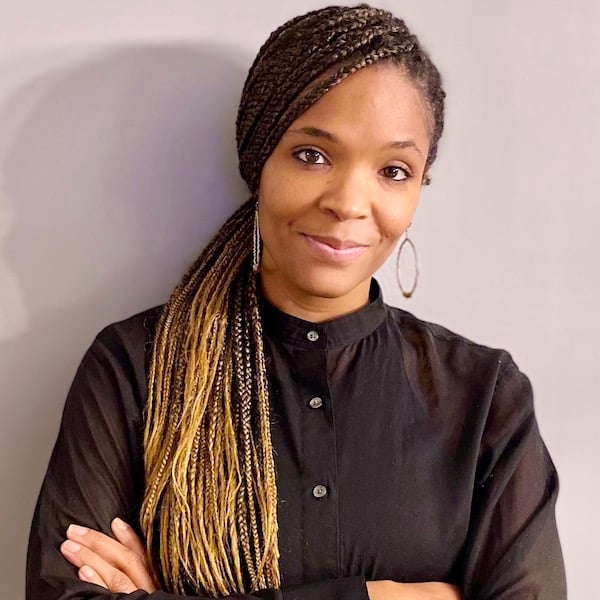
Renay Loper
Bard MBA Courses:
Personal Leadership Development
Leading Change in Organizations
Capstone Advisor
Renay is a Clinical Faculty in Organizational Leadership for the Bard MBA in Sustainability, where she focuses on JEDI Transformation in the workplace. Previously, she was the Vice President of Program Innovation at PYXERA Global where she served on the Executive Leadership Team, led five country offices, drove the development of new business and programs, co-led the organization's work on inclusive circular cities, and advised corporate clients on their social impact strategies. Renay also led the organization’s ARC (Antiracist Collective) initiatives, which included internal and external efforts toward dismantling unjust systems. To this end, Renay created Rhetoric to Action, a series of conversations to bridge sectors toward collective action around social and racial justice.
Prior to PYXERA Global, Renay led the grassroots exchange and education grant portfolio at the Japan Foundation Center for Global Partnership, and has served in a variety of leadership roles in higher education, nonprofit, and business prior to that. Renay is an avid speaker and facilitator, has authored and edited numerous publications, including a resource journal, Student Affairs Professionals Cultivating Campus Climates Inclusive of International Students (Jossey Bass). Renay serves on the board of directors of nonprofits including Community Change, Harpswell Foundation, and Girl Rising.
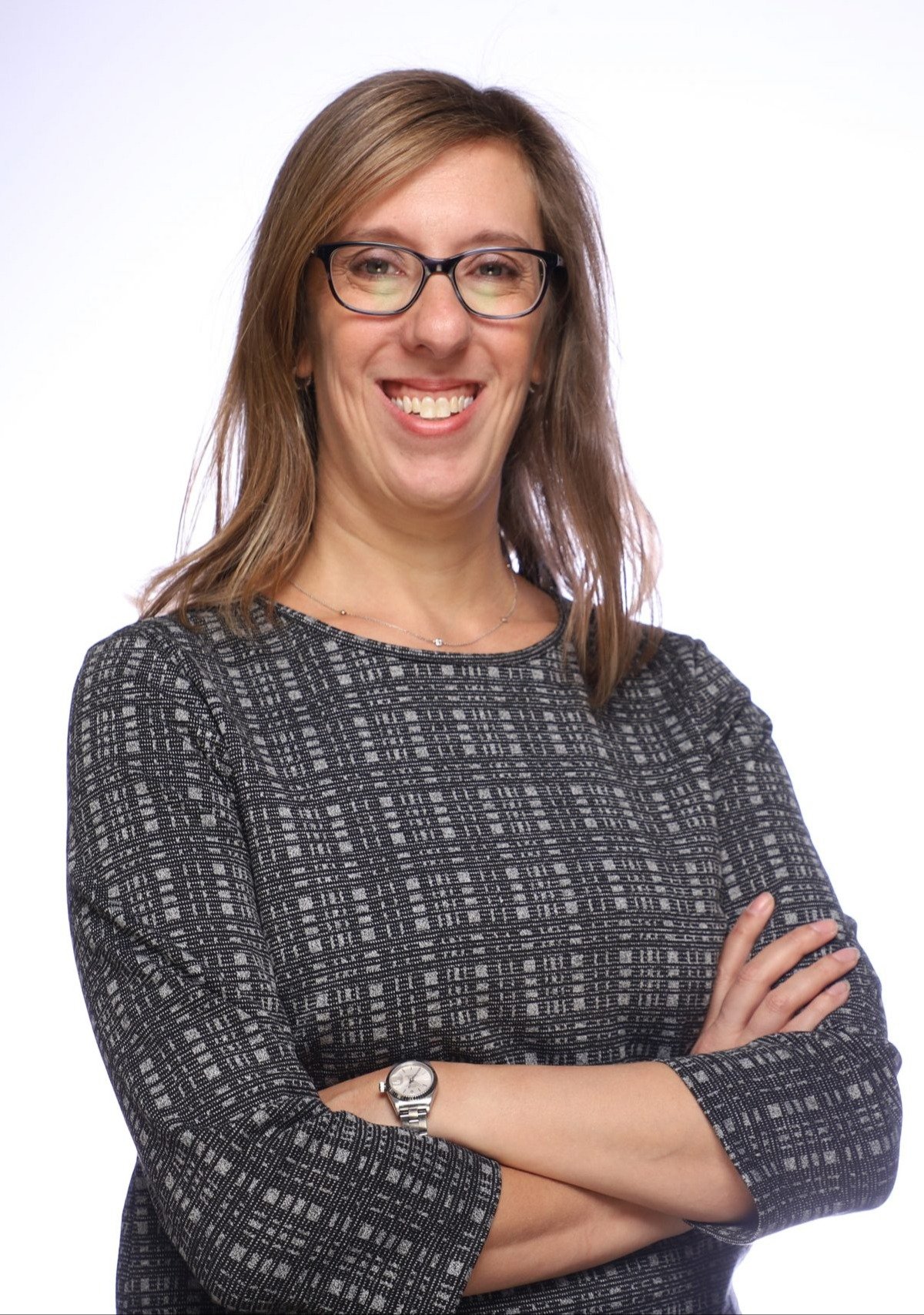
Laura Gitman
Bard MBA Courses:
NYCLab Sustainability Conulting
Strategy for Sustainability
Laura is Chief Operating Officer at BSR, a global nonprofit business network dedicated to sustainability. Laura spearheads the New York office, working with multinational companies across a range of industry sectors and sustainability issues. She also serves on BSR’s Executive Committee and oversees global membership strategy and services. She runs senior-level sustainability strategy workshops and multi-stakeholder forums, and has published reports on environmental, social, and governance integration in mainstream investing. Laura facilitated the Electronic Industry Citizenship Coalition, growing the initiative from 15 to more than 50 electronics companies and previously worked for Deloitte Consulting and also managed a community development project in Ecuador, and developed the business strategy for a startup in the biotechnology sector in Chile. BS Cornell University, MBA, Stanford University.
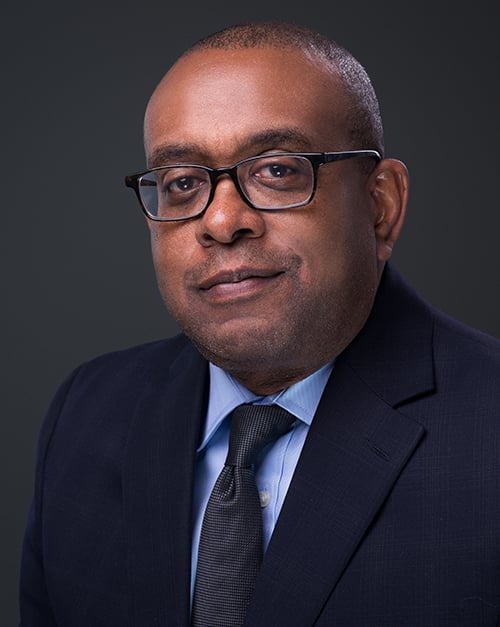
Randy Strickland
Bard MBA Courses:
ImpactLab: Defining the Future of Finance
Randy Strickland is a Director for Cornerstone Capital Group, a financial services firm offering investment advisory, research, and strategic consulting services in the field of Sustainable Investment. He is responsible for supporting the firm's investment advisory clients in the areas of investment policy planning, environmental, social and governance (ESG) and impact investing integration, and investment manager and strategy selection. He brings over 20 years of experience in the asset management arena. Prior to joining Cornerstone, Randy served as a Sustainable Investment Specialist at Sentinel Investments, as well as at City National Bank of New Jersey, ImpactAssets, Principal Global Investors, Commonfund and TIAA. BS Cornell University, MA, New York University.
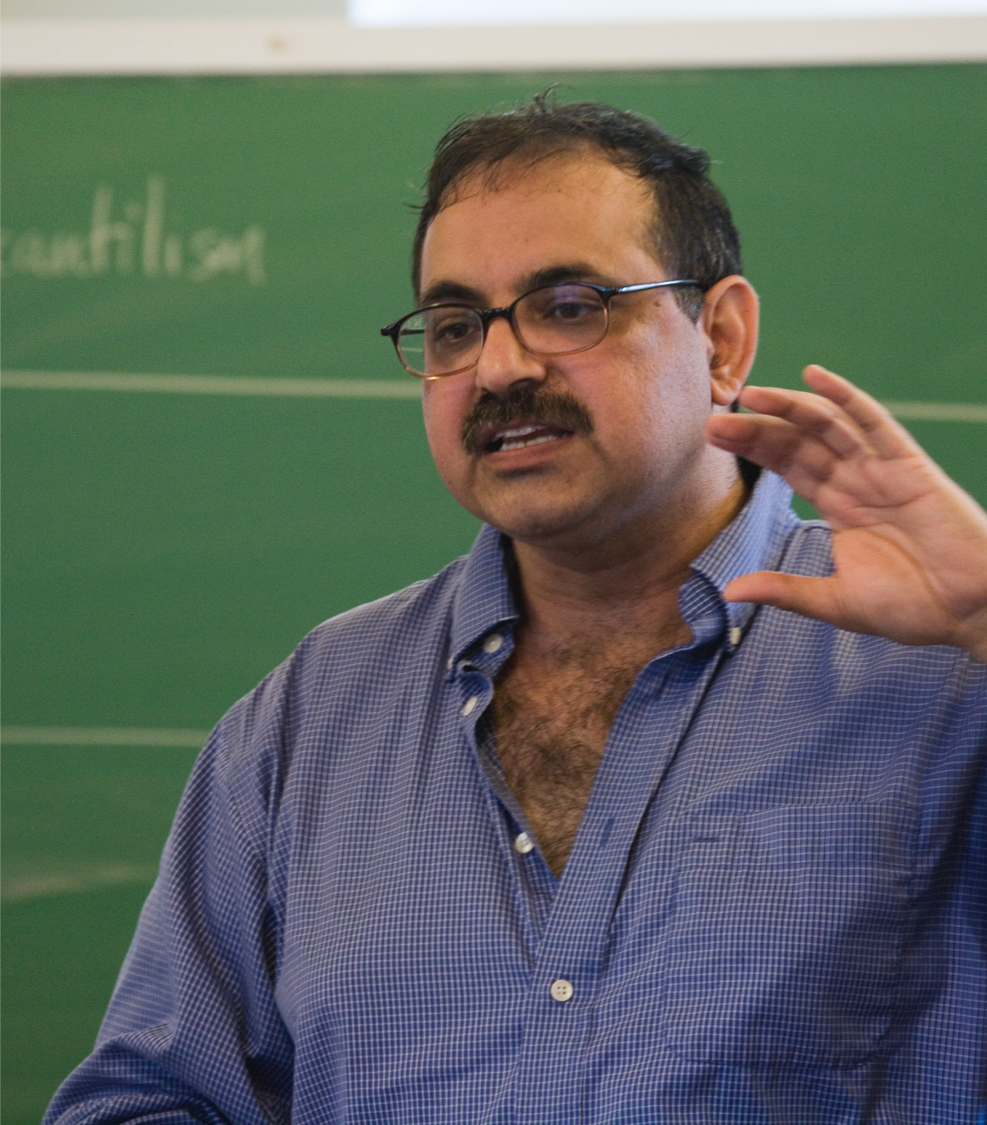
Gautam Sethi
Bard GPS Courses:
Natural Resource & Environmental Economics
Statistics and Econometrics
Economics for Decision Making
As an economist and a statistician, Gautam places very strong emphasis on conveying the core conceptual ideas of both these disciplines in simple terms. His current research is based on the socio-ecological synthesis (SES) framework. This includes attempts to identify the drivers of slow loris over-hunting in Vietnam; and to develop a household level index of vulnerability in order to identify water scarcity stressors that adversely impact household well being in East Africa, in order to develop cogent policy solutions to mitigate, and perhaps reverse, current trends.B.A., University of Delhi; M.A., Delhi School of Economics; M. Phil., Jawaharlal Nehru University, New Delhi, Ph. D., University of California, Berkeley.
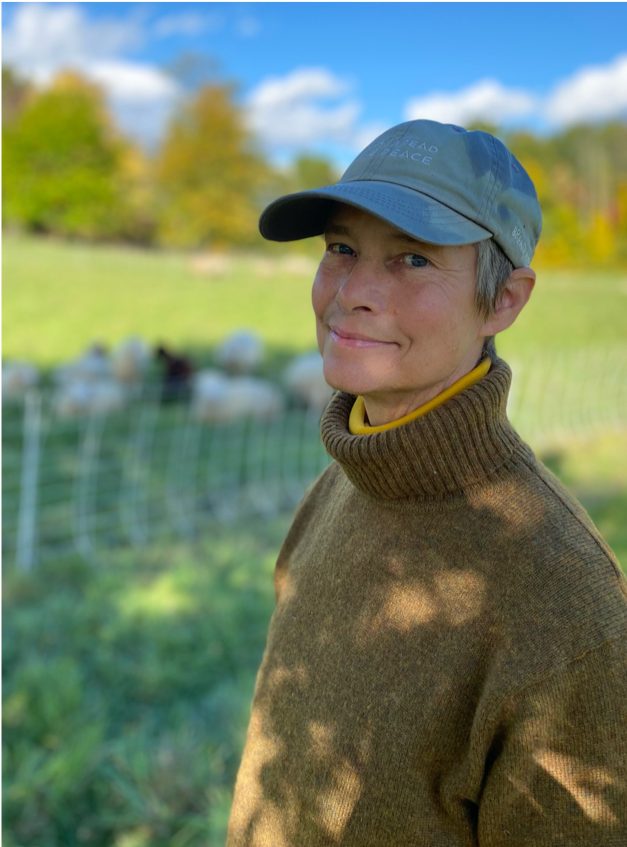
Jen Phillips
Bard CEP Courses:
Climate Change and Agroecology
Food Policy
Environmental Science 1 & 2
Jen is an agronomist and soil scientist. She was formerly a researcher at the International Research Institute for Climate Prediction, Columbia University, and NASA Goddard Institute for Space Studies. She has expertise in the impact of climate change and variability on farming systems, communication and perception of climate information for farm management, and sustainable farming systems. She has worked with farmers in eastern and southern Africa and New York State on climate risk management, adaptation to climate change, and sustainability in the face of extreme climate events. Current interests include pasture-based livestock systems, carbon storage and management in agroecosystems, and rhizosphere processes. Articles in Agricultural Systems, Agricultural and Forest Meteorology, Climatology, and International Journal of Climatology; and several book chapters. Jen holds a B.S. from Hunter College; and M.S., Ph.D. degrees in Soil, Crop, and Atmosphere Science, Cornell University.
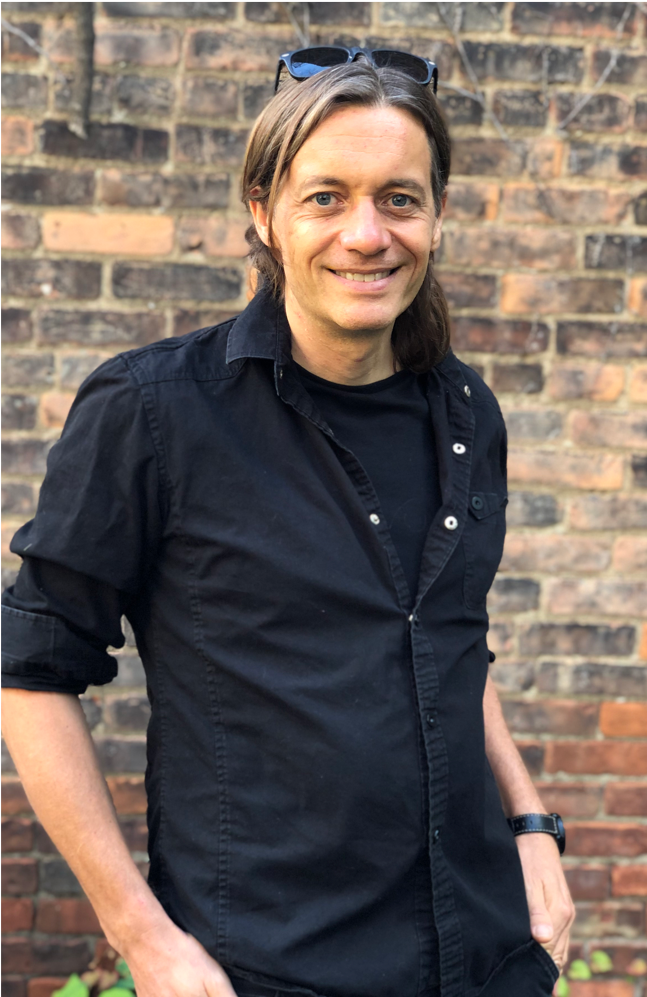
Scott Kellogg
Bard CEP Courses:
Foundations of Environmental Education
M.S. Environmental Science and Policy, Johns Hopkins University, Ph.D. Science and Technology Studies, Rensselaer Polytechnic Institute. Scott is the co-founder and Educational Director of the Radix Ecological Sustainability Center, an urban environmental education non-profit in Albany, NY that maintains a demonstration site of regenerative tools and technologies designed to teach ecological literacy to youth. Scott’s research is centered on the idea of “urban ecosystem justice” – examining through a pedagogical lens how questions of equity, access, and justice pertain to urban ecosystems. He is chair of Urban Agriculture on Albany’s Sustainability Advisory Committee.
Want to learn more? Let's chat!
We love to chat one-on-one with aspiring change-agents. Our team is happy to schedule a call to discuss your sustainability career goals and tell you more about our various programs. We can also get you connected with an alum, professor, or student doing work you are interested in learning more about.



